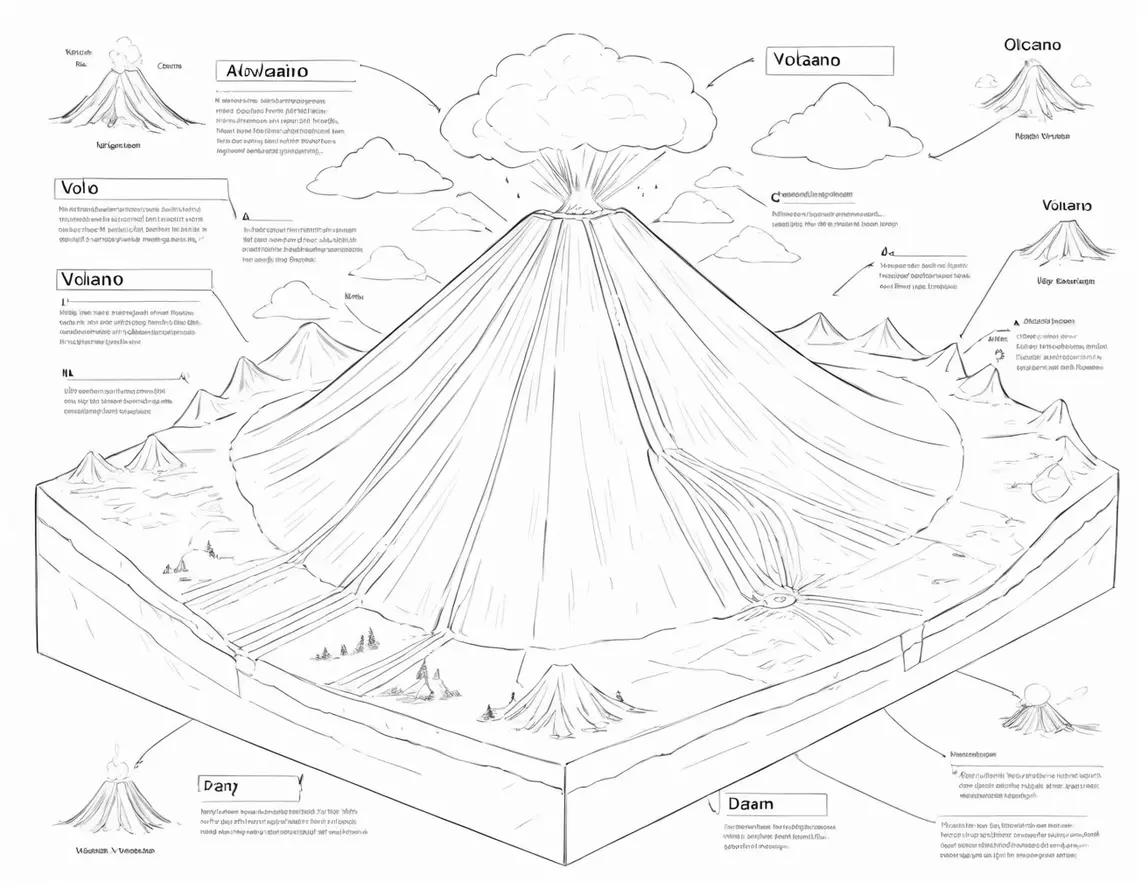
Isotopes are atoms with the same number of protons but differing numbers of neutrons in their nucleus. This means they have the same atomic number (protons) but distinct atomic masses. (the sum of protons and neutrons).
What exactly are isotopes?
An isotope is a type of element that differs in the number of neutrons in its nucleus. Isotopes of the same element have the same number of protons since the number of protons in the nucleus determines the element. Isotopes have various atomic masses because they contain a varied amount of neutrons.
Carbon, for example, naturally occurs in three isotopes: carbon-12, carbon-13, and carbon-14. These isotopes all have six protons, but six, seven, and eight neutrons, respectively. As a result, the atomic mass of carbon-12 is 12, the atomic mass of carbon-13 is 13, and the atomic mass of carbon-14 is 14.
How Do Isotopes Work?
Isotopes have numerous applications in research and industry. They are utilized in a variety of applications ranging from medical imaging to carbon dating.
Medical imaging is one of the most popular uses of isotopes. Technetium-99m, for example, is used in more than 80% of all nuclear medicine operations. This isotope is used to image organs such as the brain, heart, lungs, liver, and others.
In industry, isotopes are utilized for a variety of reasons. Carbon-14 dating, for example, is used to determine the age of ancient artifacts and fossils. Isotopes are also used to research the behavior of materials under extreme conditions, follow the migration of pollutants in the environment, and assess the thickness of coatings on metal surfaces.
Isotopes in Nuclear Energy
Nuclear energy also makes use of isotopes. Uranium-235, for example, is utilized as a fuel in nuclear reactors. When uranium-235 receives a neutron, it fissions, releasing energy as well as additional neutrons. These neutrons can then spark more fission processes, resulting in a chain reaction that releases massive amounts of energy.
Isotopes, on the other hand, might be hazardous if not treated appropriately. Radiation from radioactive isotopes can be detrimental to biological creatures. As a result, nuclear power plants and other facilities that employ radioactive materials must adhere to strict safety measures in order to protect personnel and the environment.


















